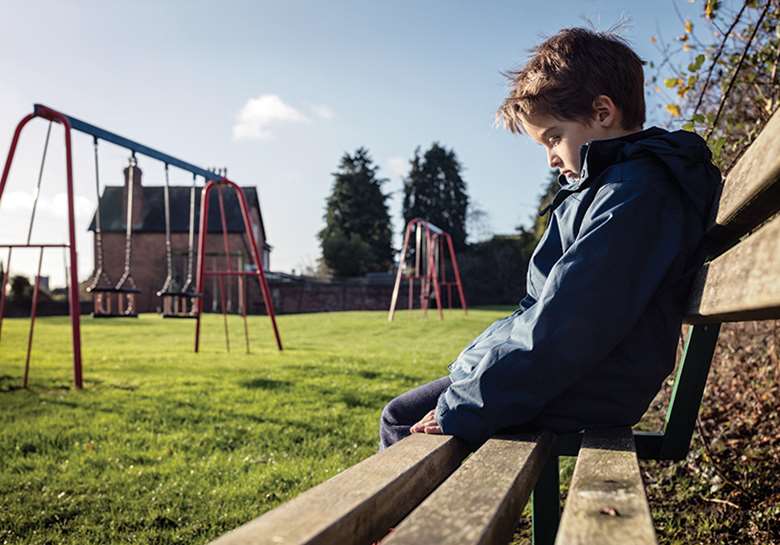Children in care 'receiving less support', Ofsted finds
Joe Lepper
Friday, April 6, 2018
Children in care are receiving less support and do not feel as safe as in previous years, a study by Ofsted has found.

The inspectorate's annual children's social care questionnaire gathered responses from 37,000 children, parents, social workers and other children's professionals between June and October last year and found that young people in care feel less safe than in previous years.
Children also told Ofsted that they feel they are receiving less help and support from their carers than in previous years.
Among children in residential care surveyed in 2017, 69 per cent said they feel safe in their children's home all of the time, compared with 70 per cent the year before.
In 2015, 24 per cent of those placed in children's homes said they feel safe most of the time, but this had fallen to 21 per cent by 2017.
This year six per cent of those in foster care said they feel safe most of the time, compared with seven per cent in 2015.
One 10-year-old respondent in residential care said: "It's scary sometimes when other children are kicking off."
Another respondent, who is in a foster home, said: "I don't feel comfortable when people I don't know visit the house because I feel unsure."
The survey also reveals that some children feel that staff or foster carers "rarely" or "never" help them if they feel upset by other people.
In 2017 nine per cent of those in children's homes and fostering said they feel they are not supported by their carers in such circumstances, compared with four per cent among those in residential care and three per cent of those in foster placements in 2016.
In addition, the survey reveals that looked-after children feel less prepared when moving into a placement than in previous years.
Among those in children's homes, 61 per cent said they had been able to find out useful things about their placement before moving in, compared with 64 per cent in 2016 and 71 per cent in 2015.
Meanwhile, less than half (45 per cent) of children in foster care were able to find out such information before their placement last year, compared with 54 per cent in 2015 and 51 per cent in 2016.
"I found out that I was moving in with (the foster carer) five hours before I moved in," a nine-year-old in foster care told Ofsted.
"No other information was provided leaving me feeling extremely scared and confused."
A 10-year-old in residential care told the inspectorate: "I would have liked to have seen the home more times before I moved in as it would of made me feel more comfortable."
However, the survey does indicate that those in foster care that go missing from their placement are far more likely to be offered the chance to speak to someone independent when they returned.
Last year 77 per cent of children in foster care said they had been offered this opportunity, compared with 66 per cent in 2016.
There was also a small rise in the proportion of children going missing from residential care who had the opportunity to speak to an independent professional on their return. In 2016 81 per cent said they had this chance, compared with 82 per cent last year.
Some children who had gone missing told Ofsted that they found it useful to talk to someone independent, such as a social worker or police officer.
One nine-year-old in residential care said: "I spoke to a police officer who made me realise I had put myself in danger. I don't want to do it again."
Although some did not feel the need to take up this opportunity, with one 16-year-old in residential care telling Ofsted that they "would rather speak to staff and not a stranger".




